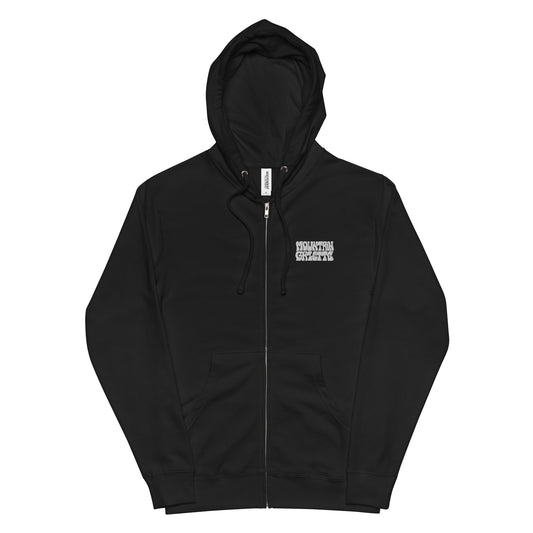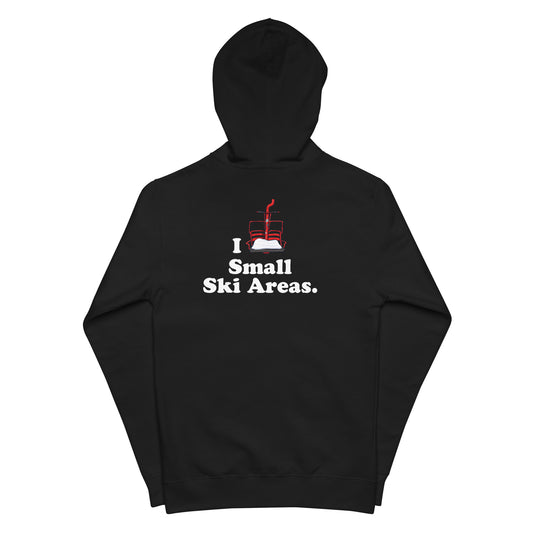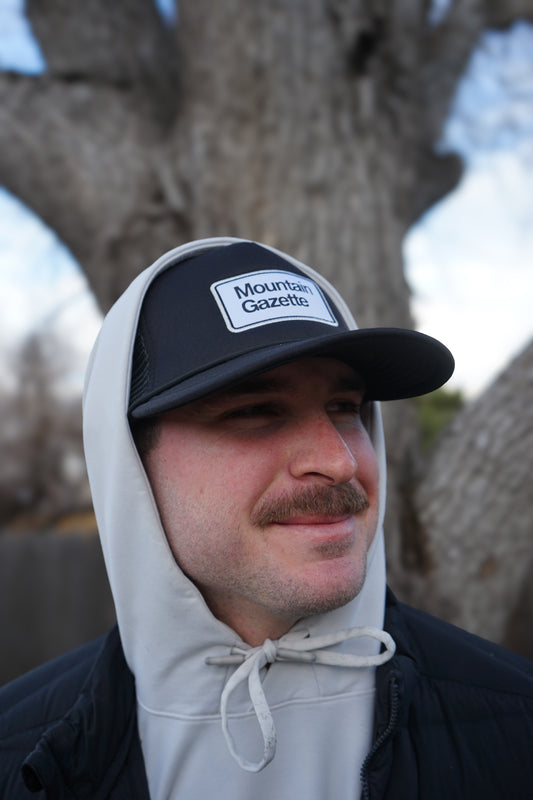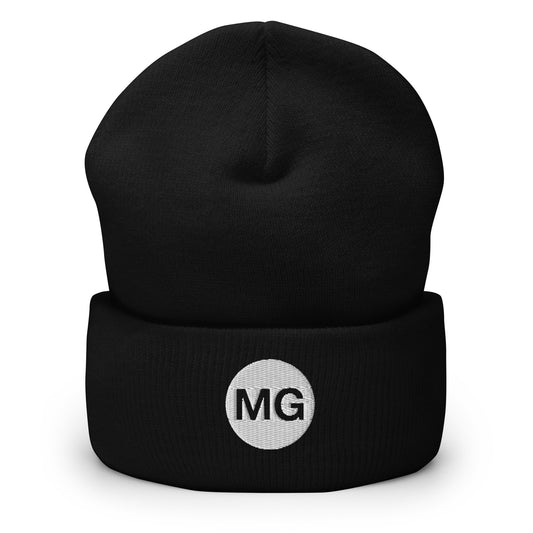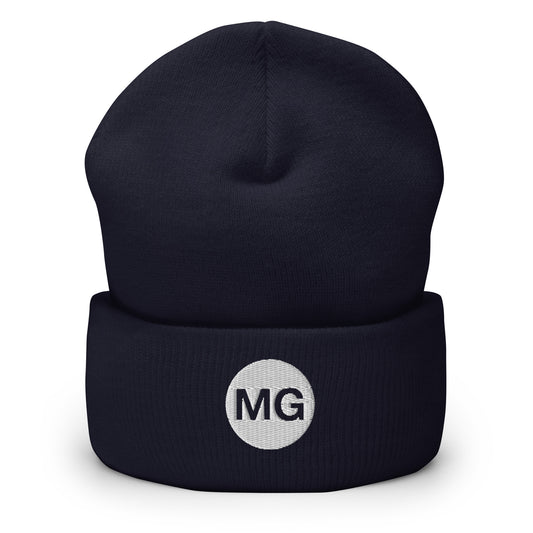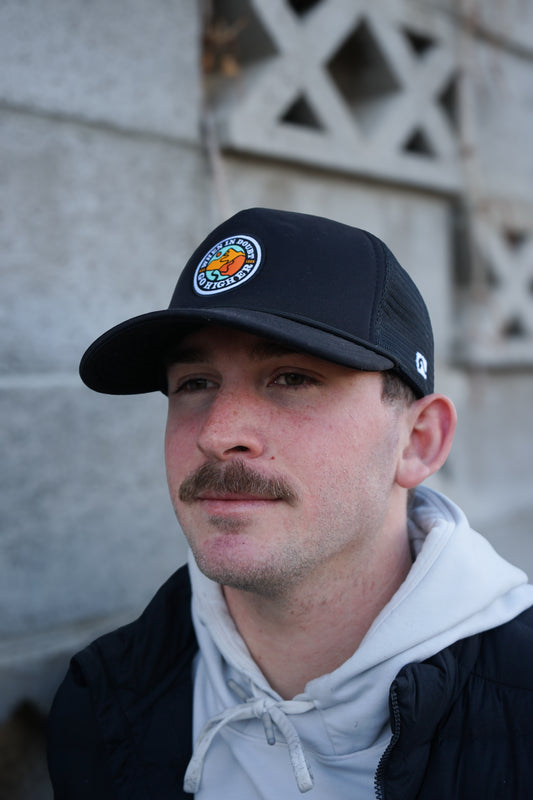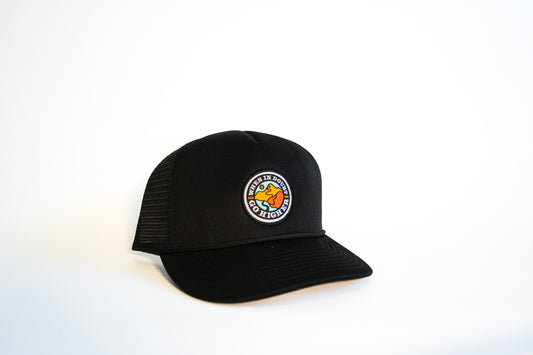Editor’s note: It is an understatement to say how complicated and time-consuming a process it was to distill the millions of words that have appeared in 191 issues of the Mountain Gazette into a mere 60 excerpts, which was going to be 50, except that I ran out of steam during the culling process and opted to throw in the towel upon hitting a wall that could not be conscionably surmounted.
It can certainly be argued that the concept of choosing “X” number of “best” excerpts from the Gazette was flawed from the outset. Fair enough. We went back and forth for several months regarding whether this was a task we should, or were willing to, undertake. The “no, don’t do it” side based its argument on the undeniable and unavoidable subjectivity of the endeavor, a legitimate perspective if ever there was one. There is no doubt that choosing a series of “best” quotes bears a strong resemblance to scoring figure skating in the Olympics.
The “yes, of course,” side, while certainly acknowledging the subjective aspects of the operation, argued (obviously persuasively) that this would be a perfect opportunity to showcase the long-term consistent quality of the verbiage that has graced Mountain Gazette’s pages since 1972 and to tip our collective hat to those who have contributed their creativity to our humble enterprise.
Once we decided to proceed with the “Best Excerpts” plan, the next task was to enlist a few lucky souls to spearhead what turned out to be an intense multi-month effort. I opted to go with a team consisting of younger members, the idea being to incorporate the viewpoints of the next generation of Mountain Gazette readers. To that end, I employed the services of Cat Stailey, Tim Eaton and Chloe Mydlowski, all science students at Western New Mexico University in Silver City (my alma mater) and all big Gazette fans.
It was interesting to interact with 20-somethings in this context, partially because they were not infected with the nostalgia-for-the-good-ol’-days virus that, despite our best efforts, often creeps into our pages. And partially because they did not bring with them much in the way of prejudicial baggage. Though Cat, Tim and Chloe — very well-read people — were all very familiar with the more luminarious of our past contributors — the likes of Edward Abbey and Hunter S. Thompson — and though they were all familiar with our current contributors, including those who have been with us since the beginning (George Sibley, Dick Dorworth and Bob Chamberlain), that familiarity is based solely upon work that has been published in the recent past rather than 1975. Before they embarked upon this journey, Neither Cat, Tim nor Chloe had ever heard of Galen Rowell, John Jerome, William Eastlake, Barry Corbet, Lito Tejada-Flores or Ned Gillette. While that may make greybeards wince, I found it refreshing to know that this project would be defined by the work itself, rather than by the names associated with that work, which is exactly what would have happened had I recruited more aged judges.
OK, here’s how the process went: I laid copies of every issue of MG onto Cat, Tim and Chloe, who divvied them up in their own way (I have no idea who focused on which years). They then proceeded to read through every single issue of MG! (I mean, goddamn!) They pulled one excerpt that spoke to them most out of each issue, then aggregated those quotes into one Word.doc and forwarded that document, which ended up being 10,000 words long, to me. Then I and I alone made the final decisions.
I should note that this admittedly contrived process was contrived even more once I got working on it. First, I tried to spread the wealth through the various iterations, incarnations and manifestations of the Gazette. Second, I limited each writer to one quote apiece (we could very well have filled this entire section solely with excerpts from Dorworth and Sibley.) Third, though Cat, Tim and Chloe were gracious enough (or political enough) to include several excerpts from work by yours truly, I felt it would be unseemly for anything bearing my byline to make the cut, yours truly being the final arbiter and all.
I know there are going to be disagreements, both of the “I can’t believe you included such-and-such an excerpt” and “I can’t believe you didn’t included such-and-such and excerpt” varieties. Fair enough. If you’ve got any input on this, please fire it off to mjfayhee@mounaingazette.com.
And there it is. Hope you enjoy the effort Cat, Tim and Chloe put into this.
— MJF
Mountain Gazette issue #4: “In a world of tension and breakdown it is necessary for there to be men who seek to integrate their inner lives by not avoiding anguish and running away from problems, but by facing them in their naked reality and in their ordinariness.”
– “Anachoresis and Aggiornamento at St. Benedict’s,” by William Rollins
6: “While downhill gear is practically a science and Nordic gear is perfectly adapted for packed-track running, mountain touring gear is in approximately the archaeological state of fishing with a club.”
— “Confessions of a Novice Tourer,” by Galen Rowell
10: “The fib stalks fishermen from waterside to campsite.”
— “Catching the Hatch,” by Cortlandt L. Freeman
11: “Dressed for the climb in Bermuda shorts, a tee shirt, gym socks and canvas shoes, with my bulging day pack riding uncomfortably on my back, I presented an authentic picture of the greenhorn adventurer.”
— “The Ascent of Aorai,” by William Grout
17: “There are only two participatory ways one can react to riding in an automobile with a man who drives the way Clark does — you can get into it with him, enjoying the thrill and adventure and admiring the driver’s skill and courage; or you can sit rigidly in terror, wishing you were anywhere else but where you are. Roughly speaking, all human existence offers the same two choices to a man once he has agreed to participate.”
— “Europe: Fourth Time Around,” by Dick Dorworth
19: “Bars, too, serve as scenes for epic gross-outs and obscene displays. These are a specialty of the British. A rule of thumb to follow is, if you can’t be spectacularly offensive, then get quietly drunk in your corner. Anything in between is bad form, and smacks of seeking attention.”
— “Hanging Around,” by David Robert
20: “It’s hard to drag ourselves out of the tents on this dark and gloomy morning. But we do, and Glacier Bay says goodbye to us on her own terms. There is no real ending to the story here; just as there is no end to the process of waking up, or falling in love with a piece of land, or friendship. And there is no search for the end.”
— “Glacier Bay: Gray is Beautiful,” by Ned Gillette
22: “Someone learning to climb is hampered by strange mental spaces with regard to death. How much does the guy teaching him — or you, or your kids — know of the psychology of fear? Maybe he thinks you shouldn’t have any because what you’re climbing is not something to be afraid of — but that doesn’t matter to you because you’re scared shitless.”
— “Another Roadside Attraction,” by Bill Thompson
27: “I take a deep breath, then ease over the lip, trying to avoid swinging in against the rock. Then I’m free, dangling on this delicate-looking umbilical cord that ties me to the mountain. As the rope sings by I begin to spin slowly and a gradual, almost psychedelic, panorama unfolds: granite, sky, clouds, Idaho, Cascade Canyon, granite again. And then I touch ground.”
— “The Grand,” by Boyd Norton
30: “What the hell do they mean, ‘No Road’? It looks like a road to me. Anything with parallel tracks is a road, isn’t it?”
— “Desert Driving,” by Edward Abbey
32: “And the bar will be summit silent, except for a far-off piano chording in a minor key; and the man who has chopped bolts on every one of your first ascents will stomp toward the door, his crampons leaving werewolf tracks in the hard wood floor.”
— “Found by Hidden,” by Tad Hall
33: “His face shines with that great, old American territorial imperative, therein a ferociousness that one can just tell is going to take unkindly to shirtless thirty-year-old hippies standing around in the front yard.”
— “Cannon Mountain Breakdown,” by Geoffrey Childs
34: “Coming back from the bars (downhill) late at night (drunk), to your house (upstairs) becomes something of a game…. Do you take the direct route, pacing yourself up a grueling set of stairs that leads to a gentle traverse, or do you meander for an extra ten minutes, edging up by degrees?”
— “Bisbee 2: Another View,” by Steve Wishart
36: “Television is bad medicine. Making things accessible via media is a delusion very similar to the commonly accepted opinion that American agriculture is ‘productive’.”
— “A Short Talk With Gary Snyder,” Gary Snyder interviewed by Chuck Simmons
38: “No Nudes is Bad Nudes”
— “Breaking Free From the Human Potential Movement,” by Mike Moore
43: “Through this landscape we plowed like a miniature circus and freak parade, a great social event, a hippie Johnny Carson Show.”
— “River Tripping,” by Speer Morgan
45: “It’s just not right when you’re gazing up at Khumbu Icefall with old Jockey underwear packages scattered at your feet.”
— “The Last Bluet Carton,” by Nick Langton
53: “The police captain’s younger companion wore a South American imitation tweed suit, garish tie, and a blazing white shirt. To complete his natty apparel the young sleuth had a full bent briar pipe and a genuine hunting cap. One does not laugh at the secret police in Chile however; they take their business very seriously. We were sorry that we had become their business.”
— “Patagonian Journal,” by Richard Murphy
55: “Now the river spread out into a braided stream. A shaft of moonlight illuminated the canyon, revealing a maze of meandering rivulets and tiny islands. Carrying the skis in our hands, we hopped along the islands.”
— “Fireflies,” by Talbot Bielefeldt
64/65: “When day broke on our campsite, chosen after dark, we found the boojums and cactus dripping with witches hair and great orange parasitical hangings fed by the Pacific mists, as if we’d wakened into a dream by Poe.”
— “Baja,” by Bruce Berger
70: “Someone is standing by the mouth of the Little Colorado. As I draw near, I see that it is an indian. He has painted himself black from head to toe. When we are close enough to talk, I learn that he has been waiting for some fort of sign to appear — presumably it is not me. He wishes me good luck and I paddle away.”
— “The Big Sneak,” by Fletcher Anderson
72/73: “Choosing rocks for a coffee-fire, searching flat rocks for the pot to rest on. Turning over rocks, I began to notice that under some were words. Since then, whenever my writing becomes speechless and groping, I saunter out and overturn rocks. Under some are strong words, under others are quiet and subtle words.”
— “The Pedler & the Black Pot Coffee Tree,” by Greg Harris
74: “The desert environment requires microcosmic vision, a major shift from the macrocosmic focus that suits me so well in the mountains.”
— “Six Moons: A Pacific Crest Journey,” by David Green
76/77: “I estimate the average ghost density at about 10^-4 grams per cubic centimeter. This is a conservative estimate. Ghosts cannot be made in a vacuum. This would violate the conservation of mass.”
— “Bubble & Squeak,” by Jeremy Bernstein
78: “I darted behind Robby’s antique ore truck — yanked off my Lycra, everything but helmet-socks-shoes, mounted the Trek, buckass, and pedaled furiously through the center of town…”
— “The Ride,” by Katie Lee
79: “Language can be a strange weapon. Unlike a sword or a bullet, its power is unpredictable.”
— “Politics & the “F-word,” by Hunter S. Thompson
84: “I was driving off the road right out across the desert. Woke up one morning lying in a patch of prickly pear ten miles from the dirt road. With a hangover. Realized I couldn’t be trusted with a four-wheel drive.”
— “Adventures with Ed,” by Jack Loeffler
86: “Throughout all the adventures there were several things that never changed. The equipment was minimal, the vehicles marginal, the food adequate at best. It was always about being there … We took pride in our minimalism, and were skeptical of paddlers with the latest, greatest, coolest new gear. It was important to out-paddle these people.”
— “The Old Man and the Sea of Plastic,” Brad Dimock
88:“The rain slows. Wilson once told me there’s male rain, which is fierce and hard, and female rain, which is soft and delicate. This monsoon seems to be a he/she.”
— “Risk,” by Mary Sojourner
90: “We had made a vat of yuppie soup out of one of the hot springs by slowly boiling our naked bodies for hours at a time. Only wine, chocolate, cheese and slabs of buffalo jerky sustained us. Nothing nutritious was consumed… In the end the mineral spring congealed into a tar pit. We had to move on or die.”
— “Sticky,” by Michele Murray
91: “This is how fairy tales would go if the patriarchy hadn’t rewritten them: Eastern girl gets fed up with the city and moves west, finds the right guy(s) … pretty soon she’s skiing, climbing and biking her brains out, pretty soon she’s better than he is at most of it.”
— “Woman with a Pulse,” by Nichole Gordon
94: “The river water is vodka. It’s served in ample consecutive shots on a moving aqueous bar. She makes you punch drunk.”
— “The Supreme Source,” by Lacey Story
96: “As we descended into the barranca, we left the 21st century back on the mesa, dropping through time to the centuries before, to the Rio Verde and the Stone Age Indians who still lived there.”
— “After the War,” by Doug Peacock
100: “Here, the winds come up, fire breaks through the crust of the Earth, the sky is deaf, the river is dry, the levee is about to give out, the ground shakes … and what you want doesn’t matter at all.”
— “Craps,” by Charles Bowden
101: “The sound of the water was in constant motion, whispering, murmuring, thumping like some distant drum. The water tugged persistently at my grief, sometimes dislodging a tiny shard of sorrow and tumbling it downstream.”
— “The Heart of Winter,” by Mac Griffith
103: “Trips such as he was proposing would often include unplanned auxiliary adventures. Like running out of food and water. Maybe thirty miles of compass-heading trail-breaking through deep crud. Three days of bushwhacking up the wrong drainage. Unrunnable waterfalls. That sort of thing. The stuff that really makes you feel glad to be alive.”
— “Black Box Revisited,” by Tim Cooper
104: “How can you talk with someone without discussing jobs, families, politics or sports? Float the river — it’ll come to you.”
— “Below the Rim,” by Cal Glover
105: “The antelope squirrels, chipmunk-like rodents about as big as a Twinkie, sneaked onto the deck, stole bright blooms from the wild primrose, then scampered off with silky yellow petals between their teeth like flamenco dancers.”
— “Trout Stream Through Mars — How to Combat Impending Desertification,” by Ellen Meloy
116: “Preparing for a day hike, I stop to admire myself in the mirror. It’s hard for me to believe that I was once a shabbily dressed service electrician, untutored in the ways of mountain fashion and accessory.”
— “Hiking,” by Mike Bressler
120: “Now, if you’re steering a block of ice down a twisty mountain road with only middling success, you might think this would be a bad time to pick up hitchhikers. You’d be wrong about that. As soon as I saw two innocently beaming skiers around a bend, I knew Dan would insist. He’s big on style points, and by this time, so was I.”
— “Courageous Pulls Through,” by Kevin McCarthy
123: “I’ve discovered many delightful things after stripping down and getting into the water.”
— “The Occupation of Floating Bodies,” by B. Frank
126: “Remember all the names of the rivers you grew up paddling, and the Indians who once lived there and named those places. Remind yourself how the names sound like falling water: Chattahoochee, Chauga, Chattooga, Amicalola, Tallulah, Watauga … ”
— “How to Rebuild a Paddle,” by David Miller
129: “Despite claims of excellence, the U.S. Postal Service doesn’t deliver to the wilderness of logic.”
— “Fever Dreams and Tall Tales,” by Fitz Cahall
133: “There is a route that is invisible. It is a trick of the eye, a smooth cliff several hundred feet tall, with a ledge tucked out of sight. The only way the route became visible was years ago when a line of bighorn sheep, desert gods, appeared walking across the face of a cliff… We followed their trail.”
— “Men Naked in the Desert, Going Nowhere Fast,” by Craig Childs
134:“No one in Steamboat is spraying shit water on the mountains, but that doesn’t mean snowboarding there is good for the environment or an act free from repercussions … But, in truth, they (mountains) are still a front line for showdowns over Who Gets To Do What With Whom.”
— “Honk if You Love Real Snow,” by Leah Rogin-Roper
140: “Nothing burns like a love letter; hearts on paper; words on skin. I imagine every one of us keeps a stack of them, up in the closet like an unfinished novel.”
— “The Lost Art of Love Letters,” by Peter Kray
142: “All this altruism is making my plans for a Mountain Porn festival seem kind of shallow and self-serving.”
— “Fresh Focus: Behind the Scenes at the Mountain Film Festivals,” by Marc Peruzzi
146: “Take meth labs for instance. John Wayne never had to deal with those, or militias or cults or even those damn cocky Boulder bicyclists. He never had to deal with the internet either, or god forbid, maintaining a blog to better communicate with his constituents. Today’s sheriffs do.”
— “The Law: A Closer Look at the Men Who Wear the Badge in Colorado,” by Jay Cowan
147: “Across the ravine, coyotes cackle in the chorus of creation, and you lift your head above the fire following the smoke and aromas to see the stars in all their clarity directly on your fingertips. You say, ‘This is the life.’ And for me, right then and there, it is too good to be anything but the life. My search is over. In those moments I understand what the Lakota mean by mitakuye oyain, we are related to everything, we are all relatives.”
— “The Lost Art of Squatting,” by Peter Laws
148: “Surrender takes as much courage as trouncing, but requires more grace.”
— “The Lost Art of Dying,” by Jenn Weede
150: “Something as simple as a new ski binding opened my eyes to wilderness, a quiet life, and kept me from marrying a Republican … ”
— “Passing Down the Telemark Boots,” by Suzanne Strazza
158: “A friend told about getting a ride home with someone who had baskets on each side of his rear wheel; the friend had a foot in each basket, standing up with his hands on the biker’s shoulders, kind of like a Roman chariot racer, which worked okay until the biker missed the driveway entrance by a couple feet and hit the curb.”
— “Mountaintownie Biking,” by George Sibley
162: “Pain is part of a universe in balance. Enjoy it up front in small doses, or defer it for convenience and experience pain accumulated with interest.”
— “Breathcicle,” by Daniel Hutchinson
171: “Guys: How may times have you been out on the trail, on your bike or hitting the links, when you’ve said to yourself, ‘WTF, I wish I’d had the foresight to wear a kilt?’”
— “Cartographic: Got Stuff?,” by Tara Flanagan
172: “He was old enough to be my Father, but his cut, posture, and handlebar moustache made him more like the unmarried, childless uncle that breezes into town to sleep on the couch and drink all your dad’s beer.”
— “Love & Loathing on the River,” by Jeff Osgood
174: “Will work for hookah.”
— “Life on the Mountain Music Road,” by Kimberly Nicoletti
178: “Again, dory cooks made Julia Childs look like a fast-food burger slinger.”
— “Dory Cooks,” by Vince Welch
180: “I was determined to ski in South America after two years of procrastination and, despite the slow progress … I was zooming in on Chile by ox cart, train, bus, car and plane at the rate of 200 miles a day.”
— “Making the Break,” by Richard Barnum-Reece
181: “Went to Albertson’s pre-trip, loaded up on EZ Cheez (re-christened ‘ain’t got shit to do with cheese’), crackers, sardines, jerky, beans-in-can, Pringles and some type of gummy substance in the shape of a foot. Backpacking food that ain’t got shit to do with freeze-drying. Also not light or remotely compact. Also damn tasty.”
— “Of Fire and Firewater: Canyoneering With a Dragon,” by Aaron Thomas Phillips
185: “We smugly think we’ve evolved into a kinder, gentler people, who treat animals in a civilized way, but really we’ve simply relegated the killing floor to some unknown place far removed from our daily lives, out of sight and out of mind, leaving the dirty work to immigrants whose names we’ll never know, and whose lives are as abstract to us as the meat that ends up on our plate.”
— “The Lost Art of Treating Animals Like Animals,” by Charles Clayton

